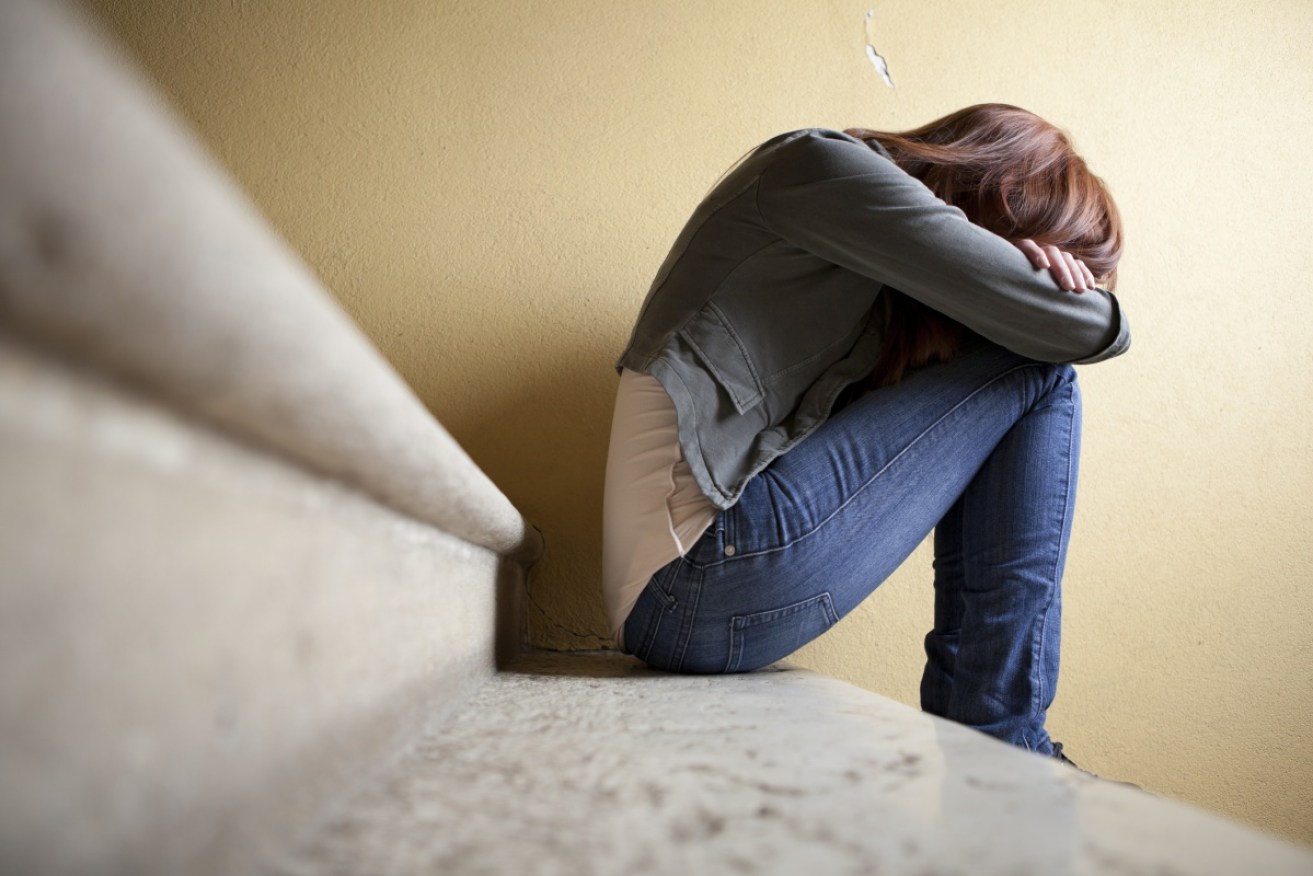Fears COVID lockdowns would prompt global ‘suicide epidemic’ shot down by latest stats


The expectation was that suicides would soar as COVID raged. Truth is, they declined. Photo: Getty
The impact of the COVID-19 pandemic on mental health has been profound, but the widespread warnings that it would see suicide rates soar has proved to be a myth.
“If anything, the opposite has been true,” according to Lifeline chairman John Brogden.
Calls to the national crisis support charity reached record levels last year, however the number of suicides in NSW dropped five per cent between March and Christmas.
In Victoria, the fall was two per cent, a figure Mr Brogden says is “more remarkable still considering the state’s very hard lockdown”.
Data collected in 21 countries and published by international medical journal The Lancet this week showed similar projections of a global suicide epidemic were groundless, based on the latest numbers from 12 nations, including Germany, Canada, New Zealand and South Korea.
“People thought the trauma that 2020 delivered would lead to an increase in suicides but we ended up handling COVID really well,” Mr Brogden said.
The pandemic’s lessons
There was a massive increase in the provision of mental health resources, JobKeeper and changes to insolvency laws helped save businesses, and the JobSeeker increase sustained the unemployed.
“One of the big lessons out of COVID was that not all of the answers to suicide and mental health come from the health budget,” Mr Brogden said.
“People need an income, a roof over their head and surety in life. Those things give people good mental health and they reduce suicide.
“So the resulting challenge is determining what have we learned from COVID and what can we take from it to become ongoing in terms of policy across the board to improve mental health.”
The pandemic has also educated the wider community about the mental health struggles faced by some people every day.
“That’s been pretty extraordinary,” Mr Brogden said.
“While some people have never had any great anxiety and have managed to be resilient in the face of losing loved ones, cancer and other tragedies, for many COVID was too much to bear.”
As a result, Lifeline’s requests for help soared.
Mental health watershed
After jumping from 2500 to 2800 during the Black Summer bushfires, the number of daily calls to the charity’s 13 11 14 crisis line broke the 3000 barrier last winter and peaked at a record 3300 in September.
Its army of more than 10,000 volunteers continues to be kept busy, but that’s something its boss believes is a good thing.
“COVID has been a watershed for mental health and I’m hoping one of its lasting lessons is that people realise they can reach out and ask for support and don’t have to be ashamed,” Mr Brogden said.
“It’s OK not to be OK.”
The former NSW opposition leader will address the online Suicide Prevention Australia Symposium which opens on Monday.
Keynote speakers at the four-day event include New Zealand health ministry director Carla na Nagara and International Association for Suicide Prevention vice-president Professor Rory O’Connor.
- Lifeline 13 11 14
- beyondblue 1300 22 4636








